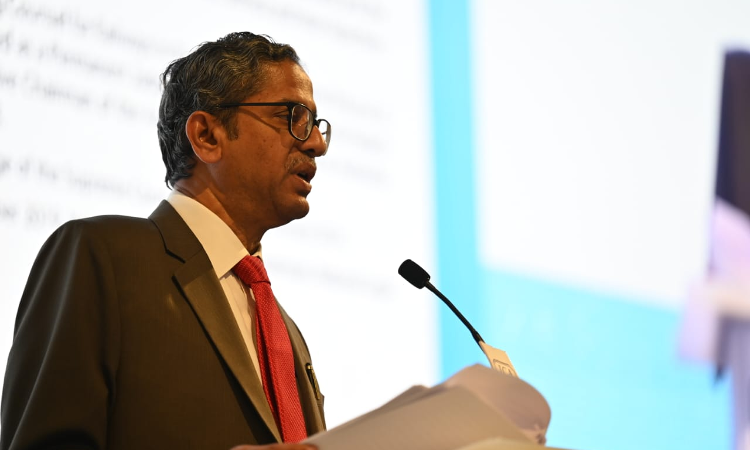India Can Be Chosen As A Favoured Investment Destination Because Of Its Independent Judiciary & Rule Of Law : CJI Ramana At London Conference
Padmakshi Sharma
5 July 2022 6:41 PM IST

In India, the courts are pro-arbitration, the CJI said.
Next Story
5 July 2022 6:41 PM IST
